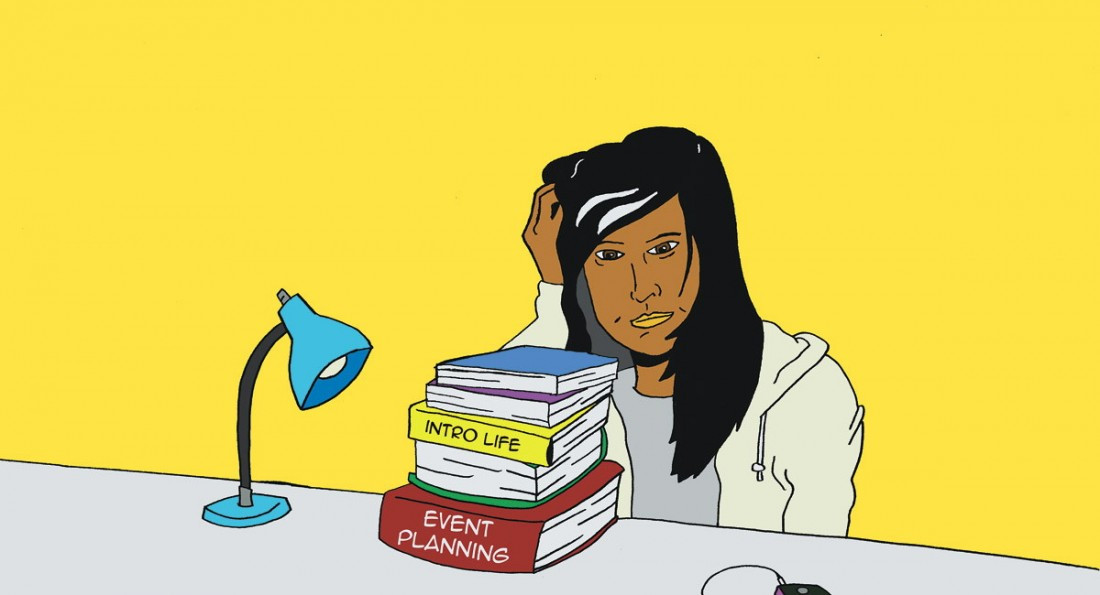Thrive together
Why the UW needs to value mental health
Three weeks ago, I felt I stood out like a sore thumb. My roommate Heather and I were the only delegates representing The University of Winnipeg at Unleash the Noise, a student-led mental health summit in Toronto. The host was announcing each province represented and I sat there dumbfounded as I also realized Manitoba had the least delegates. When it was Manitoba’s turn I cheered with pride, but as I sat down, I felt kind of pathetic. Were we seriously the only ones who cared about mental health awareness at our university? I didn’t think so, but as several universities grabbed the microphone to promote their collectives, my confidence started to diminish. I wondered why U of W didn’t have a mental health collective to actively promote the elimination of stigma, and provide continual support to their students.
Unleash the Noise is a truly unique and fantastic event that unites students from across Canada to raise mental health awareness. The event is put on by The Jack Project, a charity founded in 2010 by Eric Windeler to honour the legacy of his son Jack, who took his own life. This year’s summit encouraged 200 delegates to brainstorm strategies for shifting the general awareness that people have of mental health into a thorough understanding of the issue. Unleash the Noise challenged us to find ways to target beyond the one in five with a mental illness - as a nation, the five in five must be reached to create real change, and U of W needs to be a part of this movement.
Reaching the five in five at our university is crucial to the success of each and every student. The UW is beyond a place for learning - it’s a second home for students. Because we spend about 90 percent of our time there, it’s our most needed support system. Not everyone is fortunate enough to have parents who check in regularly, a solid group of friends or a reliable roommate. The university experience occurs at a crucial stage of personal growth and development, which is hard enough to handle without the added midterm stress. One can only imagine how perpetual anxiety, depression or frightening hallucinations make it even harder to cope. This is why no one can be left behind - suffering with an illness or not, we all have mental health, and we are all susceptible to feelings of despair. When self-care is promoted we not only benefit individually but collectively, because taking care of ourselves helps us fine-tune the way we treat others. If the university were to embody these principles of compassion and self-care in a collaborative effort, perhaps those graduating would say “I always knew I could do it” instead of “I barely got through it.” We cannot survive university alone - but we can thrive together.
So what should a mental health collective at our university look like? Speak up at the first annual mental health summit (which wraps up the first annual Thrive Week) on March 28, in Riddell Hall from 8:30 am to 12:30 pm, and let us know.
Alexandra Enns is a fourth year student and a panel member for the summit.
Part of the series: The Urban Issue 2014
Published in Volume 68, Number 25 of The Uniter (March 27, 2014)







